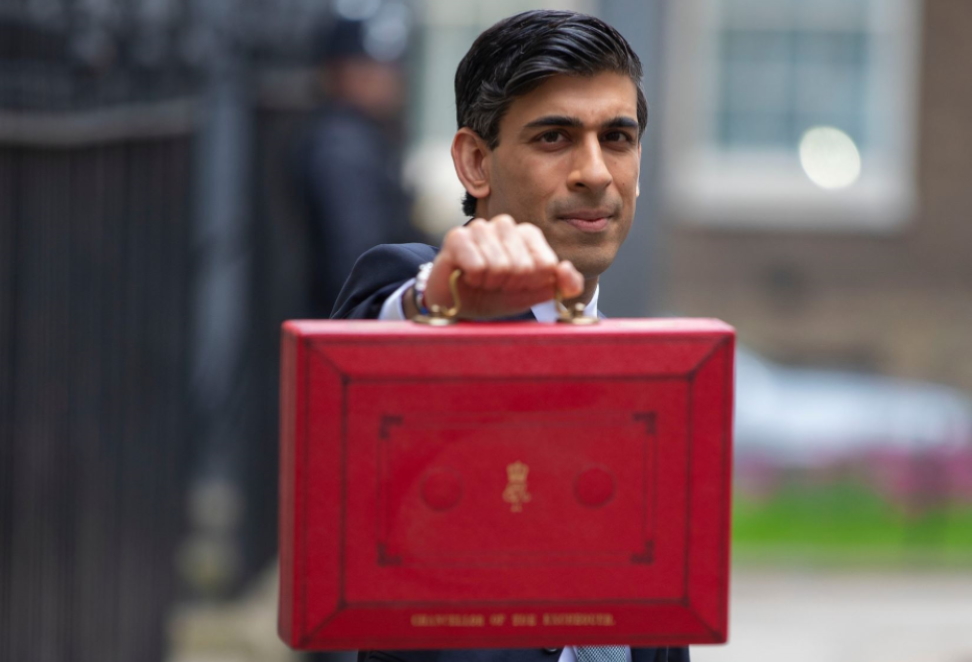This year sees a first on the fiscal calendar, with the Inaugural “Tax Day” next week on Tuesday 23 March.
In February it was announced that there would be this separate day from the Budget on 3 March. While the Budget would focus on immediate fiscal matters and tax changes, the intention for Tax Day is to focus on longer term tax reform. We are expecting to see a range of consultation documents released to start dialogue between the Government and businesses, professional firms and professional bodies, so that a more transparent and collaborative approach to reform can be taken.
So what are we likely to see? There are no specific clues as to exactly what will happen, so instead we have looked back over the last three or four years to see what kinds of changes have been talked about, in particular the reports of the Office for Tax Simplification (OTS). The OTS is an independent body funded by the Government, consisting of various finance professionals, and its remit is to review tax policy and suggest means by which it could be simplified.
In recent months there have been many calls from various professional bodies and think tanks that the time is right for a complete overhaul of the UK tax system, which is still the world’s longest tax code. Alongside this is the elephant in the room, being the massive hole in the Government’s finances from the Covid-19 support provided over the last year, and how they are going to claw that money back in the long term.
In the Budget on 3 March there were a couple of documents released already which are worth commenting on again:
- A consultation on R&D Tax Reliefs and how to ensure these are both better targeted and broadened in scope. The UK has one of the best R&D Tax Credit systems in the G20 and the Government is keen to ensure that it remains a good reason for inward investment to the UK. The additional freedoms afforded post Brexit gives them more opportunity to make the relief even more generous, but this will of course be tempered by tightening up the rules to protect against spurious or fraudulent claims.
- A call for evidence on Enterprise Management Incentive (EMI) Share Option Schemes and whether they are meeting the policy objectives of encouraging entrepreneurship and helping businesses to attract and retain talent to accelerate their growth. At this stage no specific changes are being proposed but they are requesting feedback from the business world to gather evidence as to firstly whether it is doing its job, and secondly, how it could be made better.
The various reports the OTS has produced over the last few years are sat on the Treasury website but do not seem to have gone anywhere. Our feeling is that many of the consultations launched on Tax Day will now be geared around some of the reforms suggested in the OTS reports.
The recent reports have covered the following areas:
- Capital Gains Tax – the most recent report, which we have previously commented on can be read in Rob’s article: OTS Review into Capital Gains Tax.
- Inheritance Tax and Trusts – Two separate consultations took place in 2018 and 2019 on simplifying the Inheritance Tax system and reviewing the taxation of Trusts with a view to making them ‘simpler, fairer and more transparent’. We know that in his latest budget the Chancellor froze the main Inheritance Tax threshold at £325,000 but otherwise Inheritance Tax remained untouched. Among other things the recommendations of the OTS review included simplifying the administration and replacing various allowances relating to gifts with one larger annual allowance. For some time now Agricultural Property Relief and Business Property Relief have been considered easy targets to allow the Government to raise additional revenue, could these finally be revised along with the other allowances? In January 2020 a further technical consultation was carried out on the proposed expansion to the Trust Registration Service (TRS) under the 5th Money Laundering Directive. The majority of Trusts will now need to register for the TRS by next year, giving some of the Governments desired transparency, however Trusts are still (quite unfairly) seen as tax avoidance tools for the rich, so a further restriction of allowances or the way in which they can be used may be a possibility. For more detail read Emma’s article: Inheritance Tax to be Simplified?
- VAT – It was recommended in 2017 that there be a review of the VAT registration threshold level, some updates and simplicity introduced for Partial Exemption and a wholesale review of VAT rates being charged. We know that the government committed in this parliament not to increase the rate of VAT, but now we are outside of the European Union there is now much more flexibility about the rates of VAT utilised and coping with changes in the overall market and technology.
- Tax treatment of tangible fixed assets – a report in 2018 around aligning accounts and tax treatment of depreciation of machinery and equipment. This is an area that has been picked up and put down for well over a decade, the practical difficulty being that Capital Allowances are a key mechanism for encouraging investment, so aligning tax relief with accounts depreciation would likely mean doing away with Annual Investment Allowance (not to mention incentives like the new Super Deduction).
It is entirely possible that we may see the seeds of a complete tax law rewrite like the one that happened between 2000 and 2010 – that was intended to simplify the UK tax system but what we ended up with was simply a lot more Tax Acts being enhanced over the subsequent years with more and more complex anti-avoidance rules. Any rewrite project, if proposed, is therefore likely to be even more radical than the previous one if it is to achieve any kind of simplification.
Exactly how Tax Day will run remains unclear, but we will be keeping an eye out for the release of documentation and intending to analyse these and produce a summary of the outlook within a day or so. Keep an eye on our social media channels for more details as they emerge.
If you have any questions for our Tax experts as a result of this Budget, please contact us on 01242 776000 or tax@randall-payne.co.uk.



